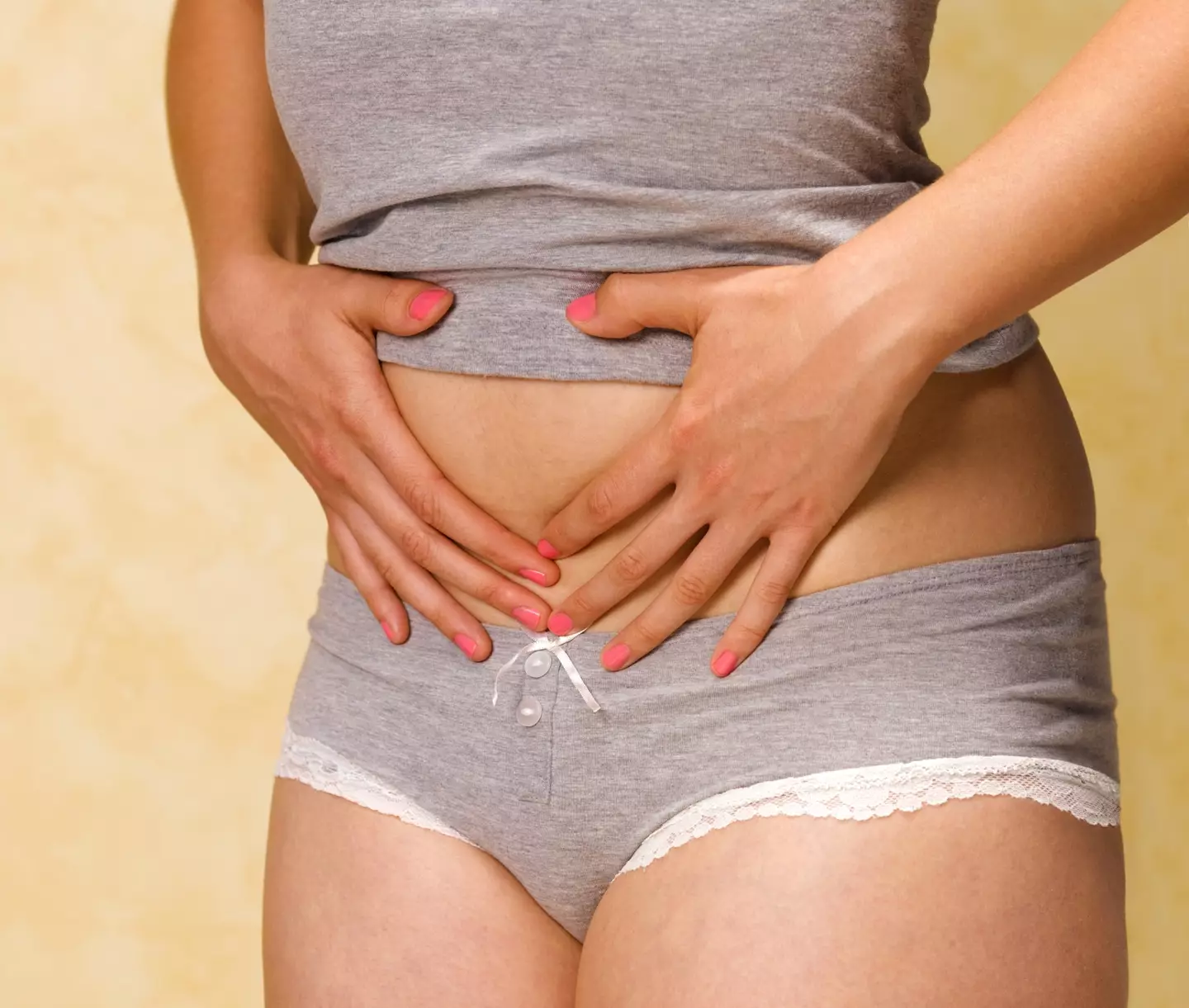.jpg)
Guys, it's happening - we're now just days away from the annual challenge that is No Nut November.
In case you've never heard of the concept, it's basically what it sounds like on the tin - it's a challenge that sees people abstain from having sex, masturbating and orgasming for the entirety of November.
While it began as a challenge for men, hence 'nut,' which we know is a colloquial term for ejaculation, some women have also joined the movement in recent years.
For some people, it's an easy feat, but for others, practicing abstinence for an entire 30 days is harder than it initially seems, both mentally and physically.
Advert
People mainly take part in No Nut November, also known as and abbreviated to NNN, simply as a self-imposed test of their mental discipline and willpower.
Ahead of November 1st, doctors have dished out their advice and broken down exactly what happens for women ahem, down there, if you stop having sex.

Your sexual responses could change
First of all, your arousal and sexual responses could entirely change when you do decide to engage in sexual activities again.
According to SELF, Dr. Jess, Astroglide's resident sexologist, warned that 'changes to your sexual habits could temporarily impact sexual functioning'.
The expert explained: "Research shows that those who recently used a vibrator scored higher on the female sexual function index (FSFI), which includes desire, interest, lubrication, arousal, satisfaction and orgasm.
"This correlation suggests that it's possible that changes to your sexual habits could temporarily impact sexual functioning. I want to emphasise that this doesn't mean that you should avoid taking a break from sex, but simply that you should get comfortable with the various changes you'll experience."
Meanwhile, Dr Adeeti Gupta, an OB/GYN, told Yahoo! Life that taking a break from sex could also benefit you by increasing arousal and 'making the experience more sensual' when you do get back to it.

It may take you longer to reach orgasm
Dr. Jess also warned that it may take you longer to reach orgasm post-break, but this only a temporary issue.
She explained: "When my clients take a break, they sometimes experience a little delay getting back into the groove. In most cases, this is related to their fear of 'letting go'. Since part of the brain (the lateral orbitofrontal cortex) shuts down during orgasmic response, the willingness to surrender to sexual sensations is necessary to orgasm in most cases."
You may lose elasticity
If you're a postmenopausal woman, experts have outlined that you might experience a loss of vaginal elasticity after a prolonged period without sex.
Dr Salena Zanotti, an Obstetrician-gynecologist, explained to Yahoo! News that is because your body is producing less oestrogen, which can then lead to a loss of elasticity and lubrication in the vagina.
WebMD outlines that without regular intercourse, your vagina can tighten and its tissues can get thinner and be more likely to get injured, tear, or even bleed during sex.
So, there's a good enough reason to keep at it!

You won't 'dry up' or 'grow a new hymen'
Two myths that definitely will not happen, is 'drying up' or 'growing a new hymen'.
Speaking of the 'hymen' misconception, Dr. Zanotti clarified:"That is a complete fallacy. The hymen is a vaginal remnant that’s there from development. It’s something that’s broken through when a woman [first] has intercourse or maybe uses a tampon. That tissue does not regrow. It cannot close up."
As we say, another unfounded claim is that a woman's vagina will dry up, which again, is untrue.
Dr Gupta assured: "Please do not think that ‘everything is going to dry up down there’ because of no activity."
The only exception is for postmenopausal women, who may be more likely to experience vaginal dryness. However, that's due to reduced oestrogen levels, not abstinence.
Topics: Women's Health, Life, Sex and Relationships, Health